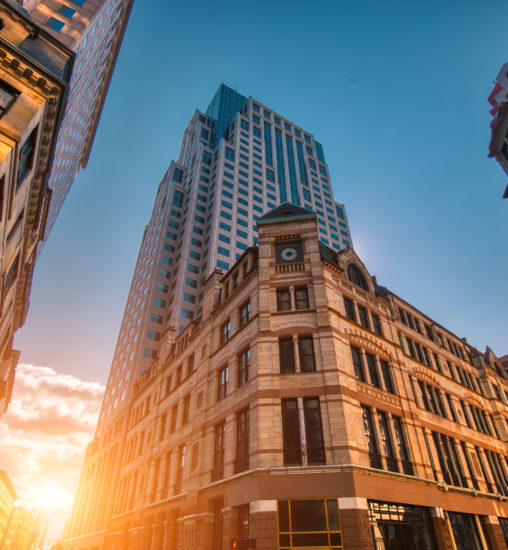The business case against Boston
June 24, 2020
We’re in the second phase of Governor Baker’s four-stage plan for Massachusetts’ re-opening. Right now, I’m leaning toward Phase 5: “Seriously wondering if Boston is worth the hassle.” The Governor along with Mayor Walsh might do well to start thinking of Boston as a product they need to keep selling to the citizens. A little recognition that their citizens are customers would go a long way right now.
First, a disclaimer. I grew up in the Boston area, went to school here, started a company now headquartered on State Street, and I live just 11 miles outside the city. I should be a supporter of the Hub of the Universe, but these last few months made me realize that the business case for keeping a company in the Boston area is not as strong as it once was.
The change is that the current environment has dramatically increased the ability of companies to support remote work. And that’s the problem.
For Nucleus Research, the move to remote work was a nonevent. We already had a robust cloud-based technology environment and our employees can work seamlessly from anywhere in the world.
The technology to support working from home is easy to deploy and in the past few months most organizations have largely worked out the kinks. With the support for remote work in place, companies will quickly realize they have flexibility and with employees working from home they won’t need the same amount of office space they currently use.
So that begs the question: Where is home for an employee?
You can thank the complex taxing environment in the US for driving advances in automated payroll processing. For some time the latest payroll services have made it easy to add employees in other states and pay the appropriate taxes. Even a small company, with just a few clicks, can onboard an employee in any state.
If employees can be anywhere, why Boston (or New York City, or San Francisco, etc.)?
Looking at Boston — when I graduated in the 1980s, we stayed in the Boston area — maintaining the friends and connections we developed in the 1980s, creating a self-fulfilling ecosystem where the graduates stayed at the companies which grew around the graduates.
It’s no longer the case — research from the Brookings Institution a few years back showed that Boston now retained just over half of its college graduates, just edging out Baltimore and Pittsburgh but trailing Detroit, Houston, Chicago, San Jose and Atlanta by large margins.
In the new normal, how is this going to change? Jobs are going to reach out to people, people won’t go to jobs. We’re seeing it happen with major tech employers like Twitter, which recently announced their team can work anywhere, forever. Google and Facebook are already telling their employees it will be 2021 before they go back to the office.
Sure. But isn’t Boston a “World Class” city?
Today? I don’t believe so. Going into the pandemic, Boston was facing a “transportation crisis beyond repair” — the country’s worst traffic coupled with a crumbling public transportation system. Throughout the 11 year boom, little was done to improve or maintain its infrastructure. The cost of living is astronomically high, and the weather is, well, largely terrible.
Inertia means cities rise and fall in slow motion. Detroit didn’t die overnight. It took years of bad decisions to drive that city into decline and job loss before its more recent signs of revival fueled by private investment and lots of Dan Gilbert’s money. Boston won’t die overnight either, but the negative ROI trendline is hard to miss. Every “World Class” city needs a reality check — and to prove they are offering businesses and residences a positive ROI on the “product” they are delivering.
Boston is filled with knowledge workers and every one of them just realized they can pick up and move anywhere in the world at any time. Bad roads, high taxes, terrible traffic, unreliable subways, and overpriced housing are terrible product attributes. When moving is just an internet connection away, every city is in direct competition with the sunny beaches of Miami, the high tech vibe of Austin, the southern warmth of Charleston, or the great feel of Jackson Hole.
We may be shut in today but with the rise in remote work the entire world just opened up. Each employee will eventually ask themselves, if they can work remotely from anywhere in the world, would it still be where they are?
I’ve given my employees the option.